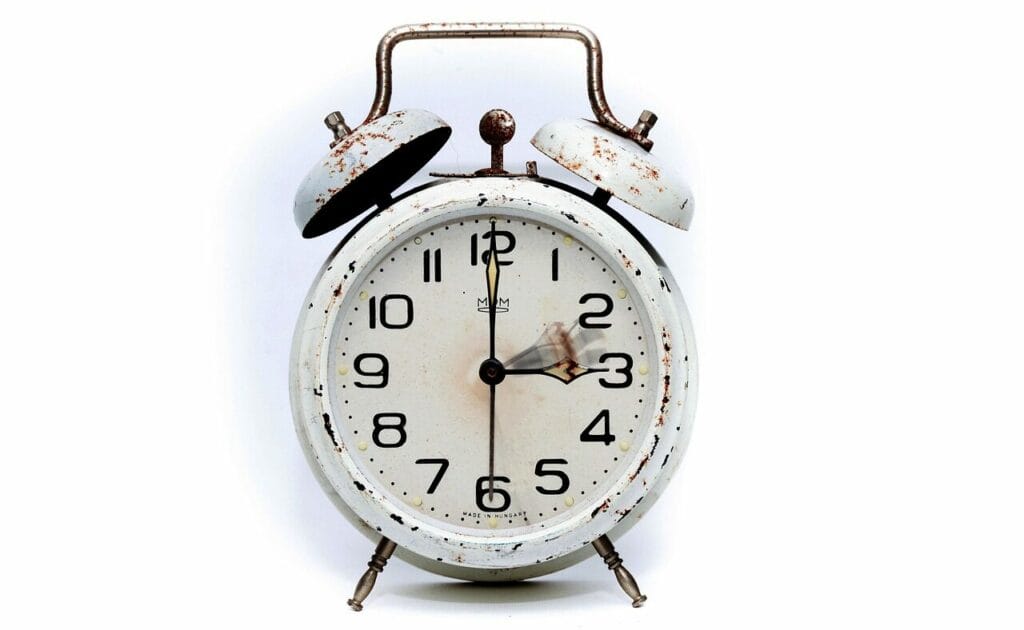With daylight saving time ending this weekend in Montreal, psychologist Dr. Reut Gruber shares essential tips to help people adjust to the time change. Dr. Gruber advises utilizing the “bonus hour” gained to prioritize rest and recharge, rather than engaging in late-night activities. As clocks roll back on Sunday, Canadians can enjoy an extra hour of sleep but should be prepared for earlier sunsets.
Dr. Gruber suggests making gradual bedtime adjustments leading up to the time change to ease the transition. Exposure to morning sunlight is crucial for resetting the body’s internal clock. While most of Canada will experience the time shift, exceptions include Saskatchewan and the Yukon, where the time change has been eliminated.
Daylight saving time has a long history, originating during World War I with the aim of conserving energy. Despite ongoing debates about its necessity, approximately 70 countries, including parts of North America and Europe, continue to observe it.
In a recent survey, Quebecers expressed a strong preference for maintaining daylight saving time year-round, citing improved well-being and alignment with natural light patterns. Dr. Gruber highlights the benefits of this adjustment, especially in regions like Montreal where winter mornings are dark. The next time change is scheduled for March 2026, when clocks will spring forward once again.



